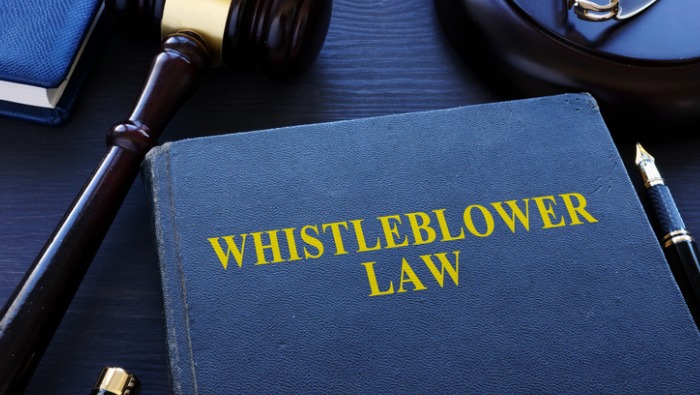Recent court cases have shown that the U.S. Securities and Exchange Commission (SEC) continues to examine non-disclosure agreements for securities law violations. Specifically, this refers to violations of Rule 21F-17 of the Dodd-Frank Wall Street Reform and Consumer Protection Act (Dodd-Frank Act). This rule is critical to the SEC’s ability to protect workers under the Dodd-Frank Act and protects whistleblowers’ rights to report securities law violations. The cases help determine whether non-disclosure agreements effectively impede whistleblowers from reporting violations to the SEC. In September 2023, the Occupational Safety and Health Administration (OSHA) sought public input on its whistleblower program outreach. Whistleblower provisions that OSHA enforces protect employees from retaliation for reporting workplace hazards and compliance gaps in environmental responsibility or security trading.
Overview of the Dodd-Frank Act and Rule 21F-17
The Dodd-Frank Act was signed into law on July 21st, 2010, following the 2007-2008 financial crisis in the U.S. The law affected consumer protection, trading restrictions, credit ratings, regulation of financial products, corporate governance and disclosure, and transparency. To enforce these regulations, the Dodd-Frank Act created two agencies: the Financial Stability Oversight Council and the Office of Financial Research. Overall, the Dodd-Frank Act prohibits specific predatory lending tactics and limits banks’ investments in private equity funds and hedge funds. Rule 21F-17, specifically, pertains to whistleblowers. Importantly, the rule removes barriers to an employee’s ability to disclose potential securities violations and prohibits retaliation against such whistleblowers. Rule 21F-17 states the following:
- No person may take any action to impede an individual from communicating directly with SEC staff about a possible securities law violation, including enforcing, or threatening to enforce, a confidentiality agreement (other than agreements related to the legal representation of a client permissible under the Dodd-Frank Act) with respect to such communications.
- If you are a director, officer, member, agent, or employee of an entity that has counsel, and you have initiated communication with the SEC relating to a possible securities law violation, the staff is authorized to communicate directly with you regarding the possible securities law violation without seeking the consent of the entity’s counsel.
Cases of Illegal Non-Disclosure Agreements Under Rule 21F-17
The SEC regularly reviews non-disclosure agreements and other confidentiality provisions in publicly-traded companies to ensure they don’t violate whistleblower rights. Indeed, the SEC has recently ramped up enforcement, examining a couple of notable cases that involved illegal non-disclosure agreements that violated Rule 21F-17.
In the matter of D.E. Shaw & Co., L.P., the SEC alleges that the global investment and technology firm violated Rule 21F-17 by including required non-disclosure agreements and a confidentiality provision in its employment agreement. This confidentiality provision prohibited employees from voluntarily communicating confidential information with the SEC that might also have included securities law violations. Additionally, the company required employees to sign releases upon leaving the company, affirming they had not filed a complaint with a governmental agency. Finally, the company did not release any revisions to the policy to allow disclosures of violations until June 2023, during the investigation’s pendency. In the end, the SEC issued a cease-and-desist order, imposed a $10 million civil monetary penalty, and imposed sanctions against the company for violating Rule 21F-17.
In the matter of CBRE, Inc., the national commercial real estate firm, allegedly used a separation agreement provision that violated whistleblower protections under Rule 21F-17. Upon investigation, the company immediately cooperated with the SEC to amend their provisions under separation agreements. Additionally, the employer trained its compliance teams and informed 880 former employees to inform them of the provision change. However, the SEC still imposed a $375,000 civil monetary penalty on the company and sanctions, in addition to the required policy revisions.
Employer Takeaways
In conclusion, employers in publicly traded companies should pay attention to the SEC’s continuing scrutiny of non-disclosure agreements. They should examine their employment and release agreements to ensure they do not violate Rule 21F-17. Finally, all employers should ensure that their policies and agreements do not violate any federal whistleblower provision or anti-retaliation regulation.

